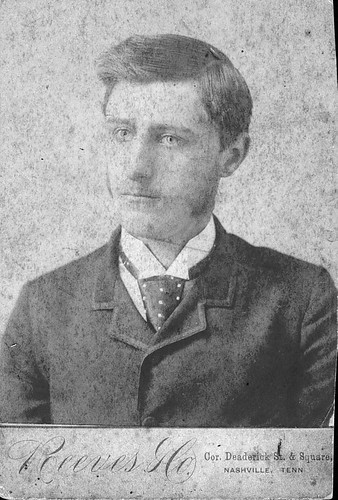As people grow older, their body temperatures gradually decline, according to research that could help make physicians and caregivers more aware of the early onset of fever in older adults.
Speaking before the American Geriatrics Society in Las Vegas last week, Giselle Wolf-Klein, director of medical education at the Parker Jewish Institute in New Hyde Park, N.Y., said a study indicates that oral body temperatures in the majority of older Americans are lower than the general population's 98.6 degrees Fahrenheit.
The sample included 150 adults ranging in age from 65 to 98: 100 from long-term care facilities and 50 from the community. Researchers from Parker and Winthrop University took patients' temperatures three times daily using a regular oral thermometer, and found an average temperature of 97.5 degrees.
Watching Out in Both Directions
"Everybody has always assumed that 98.6 is what everybody should go for," Wolf-Klein told OAR. "But we actually know that children have different temperature standards than adults, and now we know that the elderly have very different standards from the young adults as well."
The researchers say older adults' temperatures decline by about 0.2 degrees each decade. Thus, a temperature of 98.6 could be an overlooked warning sign in a senior, according to Myo Aung, a geriatric fellow at Parker.
"That could be a surprise illness," Aung told OAR. "If one day the temperature is 97.4 and one day [they] get a temperature of 99 ... they should see a doctor and get a medical treatment, rather than waiting for the temperature to become 100."
By the same token, it is important to keep seniors warm in the winter, because they tend to have trouble generating or conserving body heat and sometimes die from hypothermia.
The data "will help the internists and private care physicians to integrate their treatment of fever for the particular individual," Aung added. "It is also helpful for the caregiver, too, because people with dementia and cognitive impairments may not be able to complain."
The study has not been published yet, but a summary of the findings by the American Geriatrics Society is at www.americangeriatrics.org/news/age _related.shtml.
Contact: Myo Aung and Giselle Wolf-Klein, Parker Jewish Institute, (718) 289-2280, www.par kerinstitute.org; Winthrop University Hospital, (516) 663-2588, www.winthrop.org.
Source Citation
"'Normal' temperature of 98.6 degrees could mean fever for many seniors." Older Americans Report 28.20 (2004): 154. Academic OneFile. Web. 8 Mar. 2010.
Document URL
http://find.galegroup.com/gps/infomark.do?&contentSet=IAC-Documents&type=retrieve&tabID=T003&prodId=IPS&docId=A120844017&source=gale&srcprod=AONE&userGroupName=broward29&version=1.0

 (Album / Profile) http://www.facebook.com/album.php?aid=10034&id=1661531726&l=0b77e26203
(Album / Profile) http://www.facebook.com/album.php?aid=10034&id=1661531726&l=0b77e26203


No comments:
Post a Comment